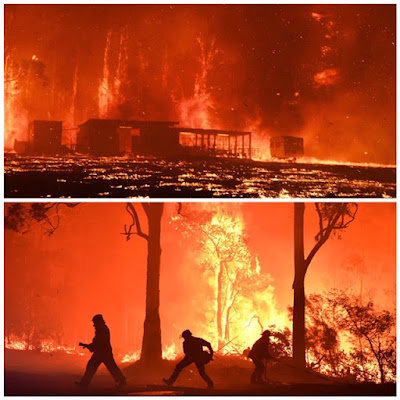I read the latter as well as her blog which was quite detailed in debunking the co written history.
I had, in the end, no doubt hers was the more authentic.

This book continues the story of opposition to the secession and the war from within. She tells of active unionism during the Civil War in the Quaker Belt of North Carolina, Piney Woods, Mississippi and Big Thicket, Texas. Many farming communities in the South where slavery was not of economic importance saw no reason to partake in a 'rich man's war, poor man's fight' or be convinced that secession was purely a noble effort to preserve state sovereignty.
And armed resistance was their solution.
Following the defeat of the South the book outlines how, during Reconstruction, the plantation class once again took control of the southern states, perpetuated the myth of the 'Lost Cause' and replaced slavery with segregation which continued into the twentieth century.
This is a more academic book than The Free State of Jones but is a very interesting social and economic history.

In May 1943, an Army Air Force bomber on a search and rescue mission crashed into the Pacific Ocean.
Among the three survivors was Louis Zamperini, champion long distance runner and Olympic athlete.
After over forty days drifting on a raft, fighting off thirst, hunger and sharks the two remaining are finally captured by the Japanese and imprisoned on a tropical island.
After being tortured and deprived of the most basic needs, they are sent to prisoner of war camps in Japan.
Here the maltreatment and humiliation continues up until the bombs are dropped on Hiroshima and Nagasaki.
But it doesn't stop there. It is also a story of post traumatic stress and revenge consuming a man and spiraling his life downwards until a meeting with a famous evangelist stops the descent.
This is a story of great strength, will power, bravery and the will to live.
It is a difficult read in many places with vivid descriptions of man's inhumanity to man.
The author has done considerable research into the plight of the Pacific Prisoners of War from all allied countries both during and after their internment and it is chilling stuff.
Well worth reading.

A biography of an American folk legend where the author attempts to separate the facts from the fiction of this man's life.
So what did Daniel Boone turn out to be?
Woodsman, explorer, hunter, failed businessman, surveyor, Indian fighter, Indian pacifist, reluctant politician, environmental vandal, family man.
A fascinating story of early American exploration of the west and the life of the men and women who suffered all sorts of hardships and dangers opening up an unknown country for those beginning to feel hemmed in by the Appalachian Mountains.
It is also an interesting story of how myths and legends are created and perpetuated.
A good, if rather long, read.

Another war time air crash saga but a lot different from the one above.
In 1945 a group of American military personnel based in Hollandia, Dutch New Guinea, were on what amounted to a joy flight in a C47. They were on their way to see a recently discovered 'lost valley' in rugged mountains where primitive natives threw spears and shot arrows at planes passing overhead.
The plane crashed into a mountainside, killing 21 people aboard. There were three survivors including one WAC.
The story surrounds the survival of these three among a tribe of stone aged cannibals, a squad of paratroopers sent into protect them, their interaction with the local people and an amazing rescue plan to get them all out.
This is a 'can't put it down' book.
I read it in two days and was sad it had to end!



















No comments:
Post a Comment